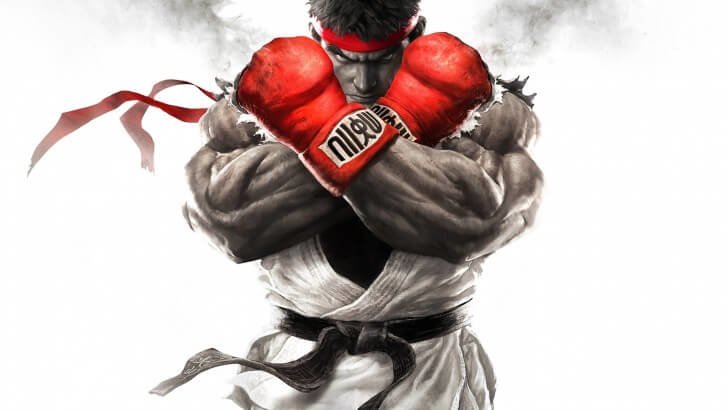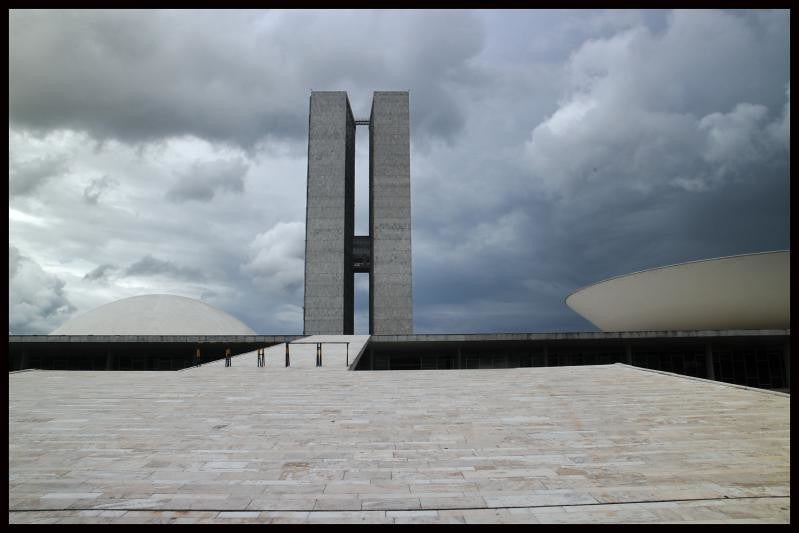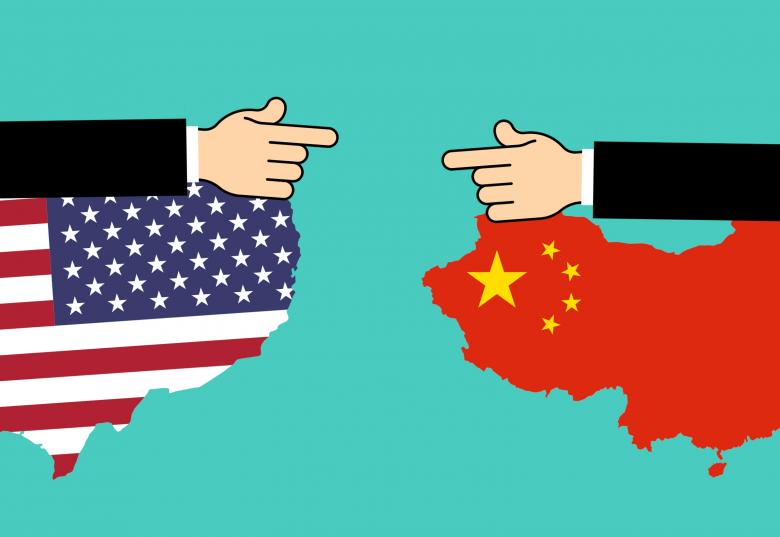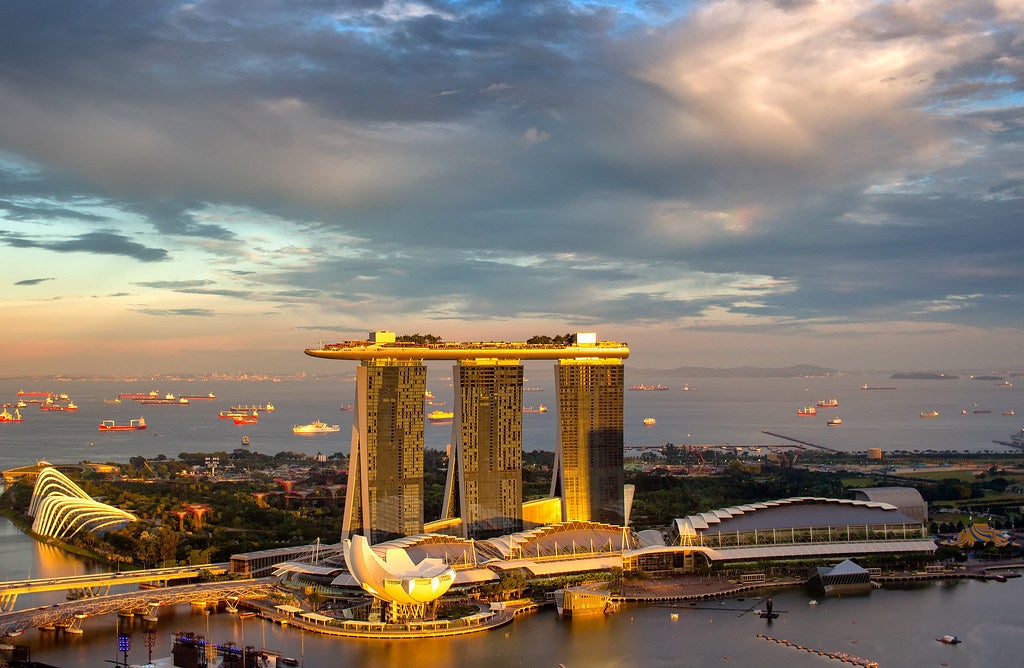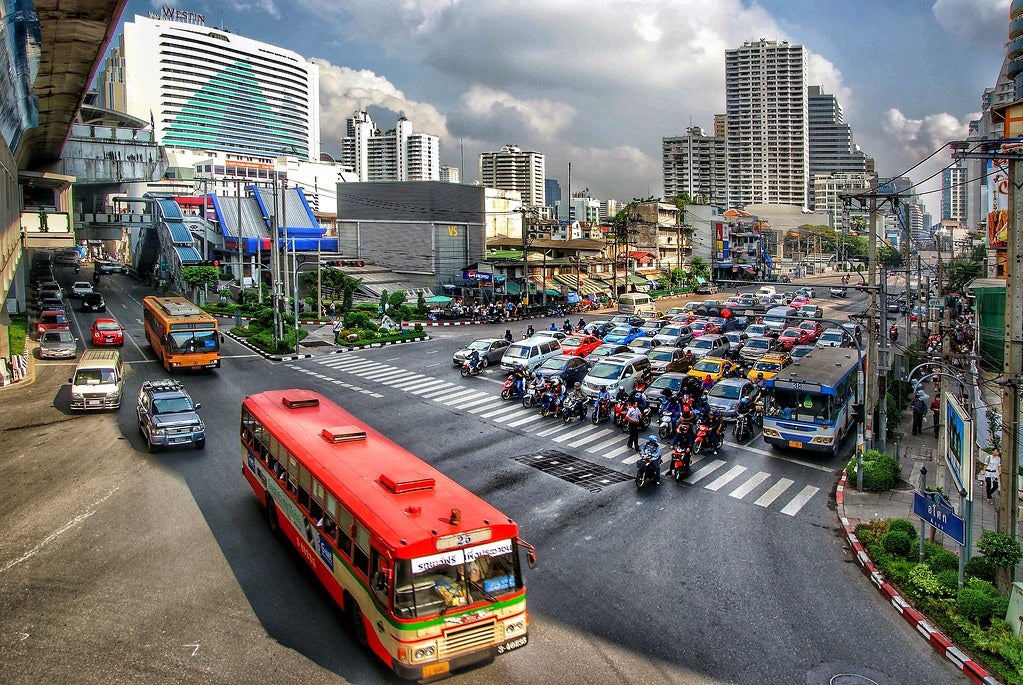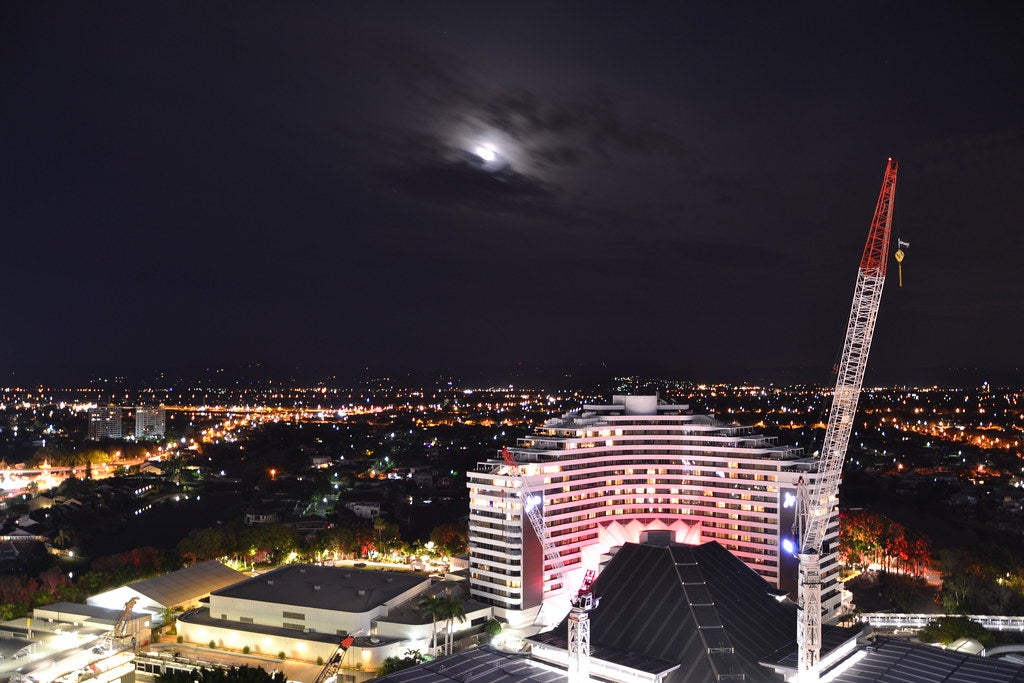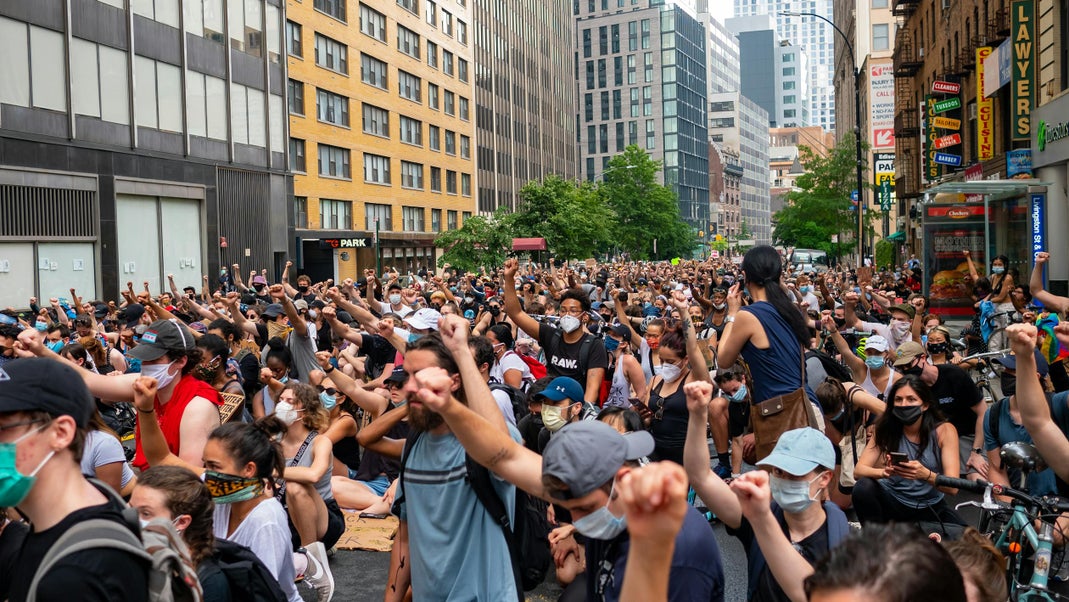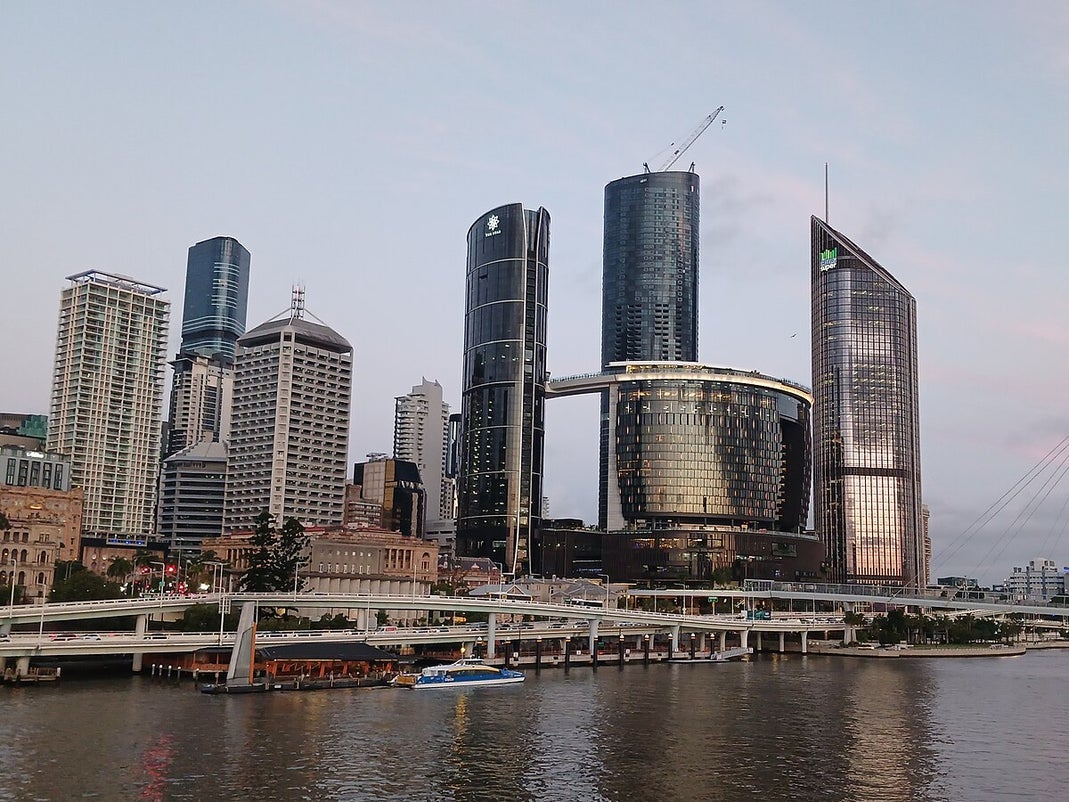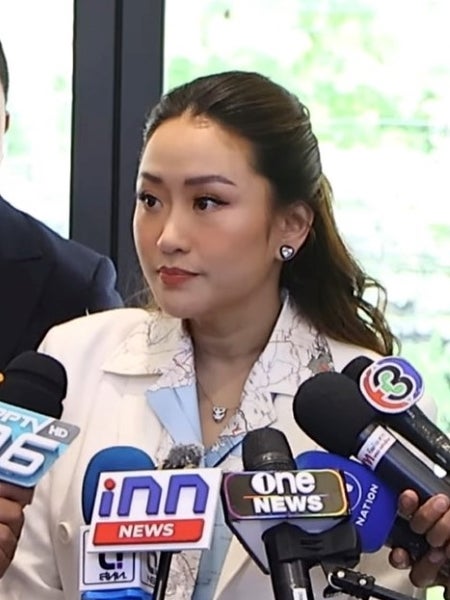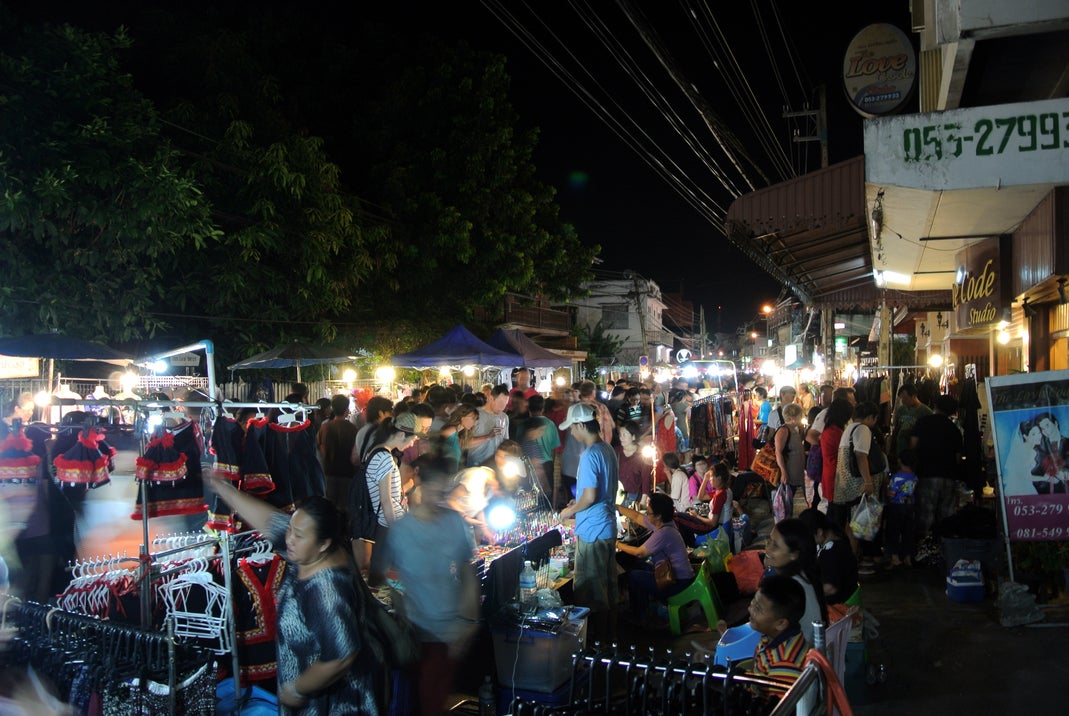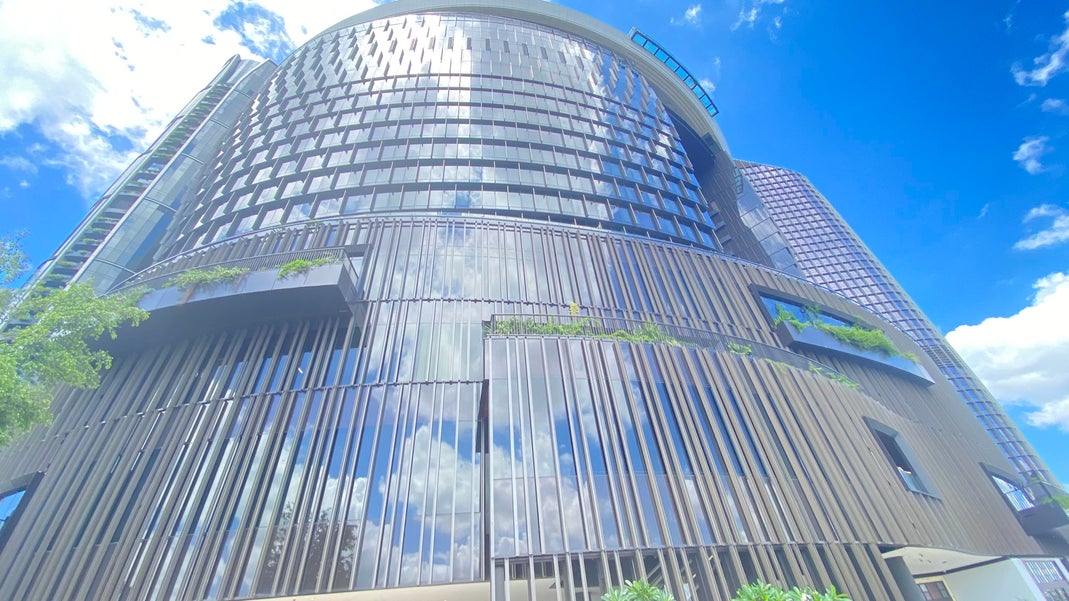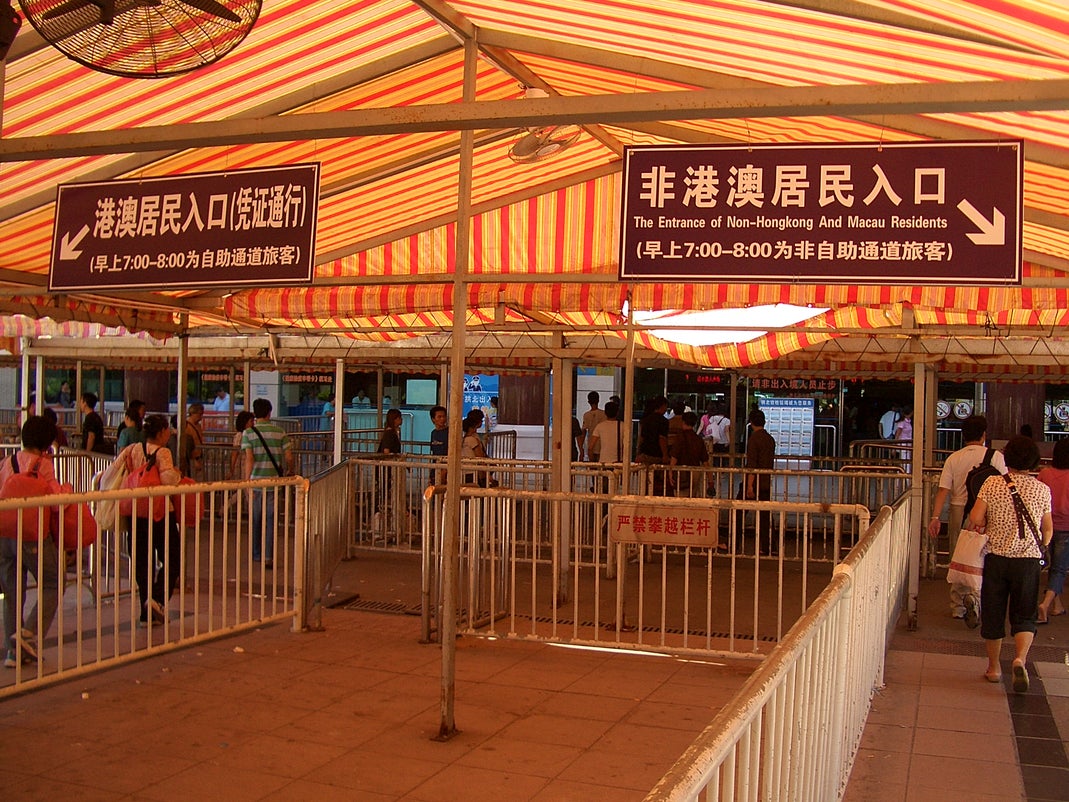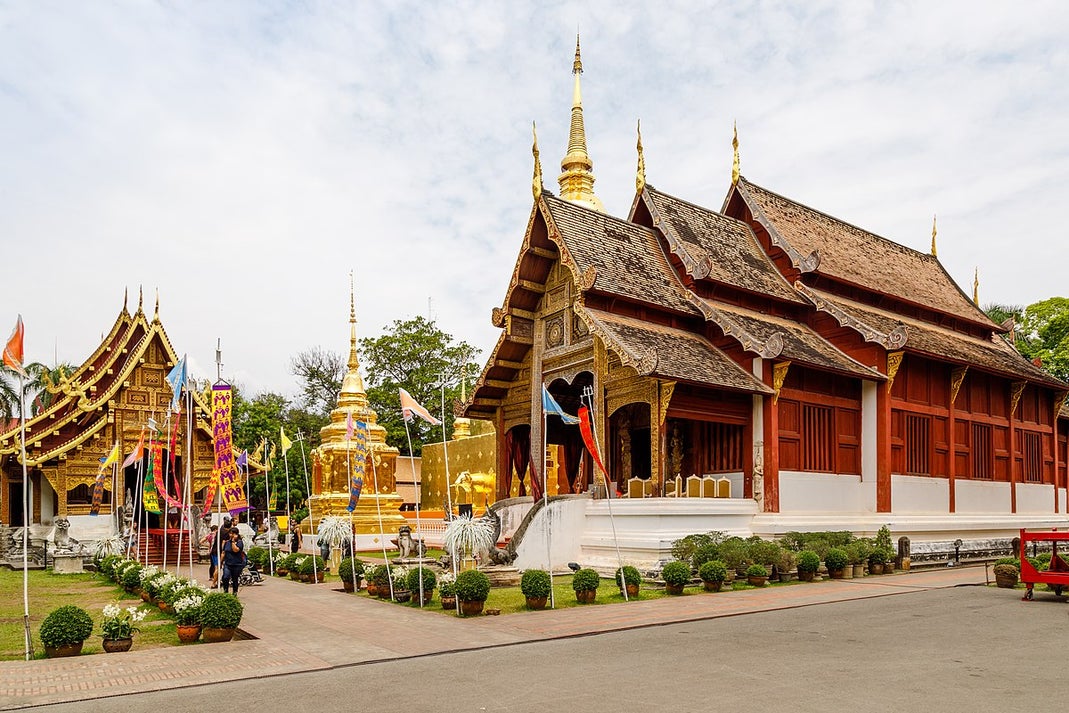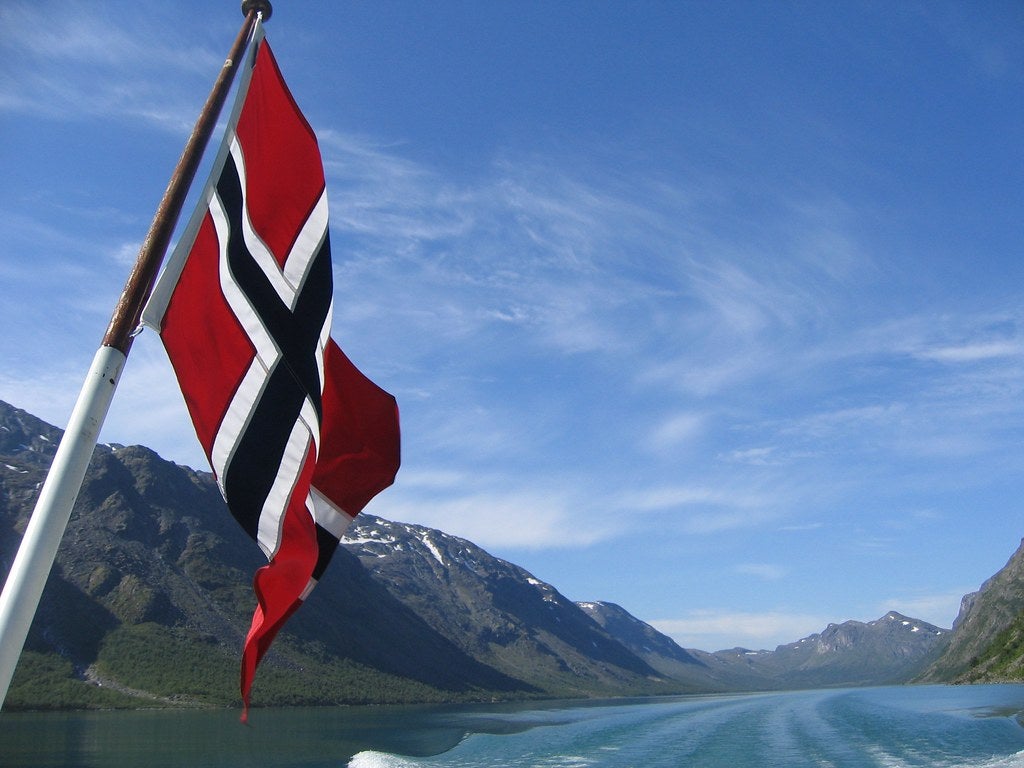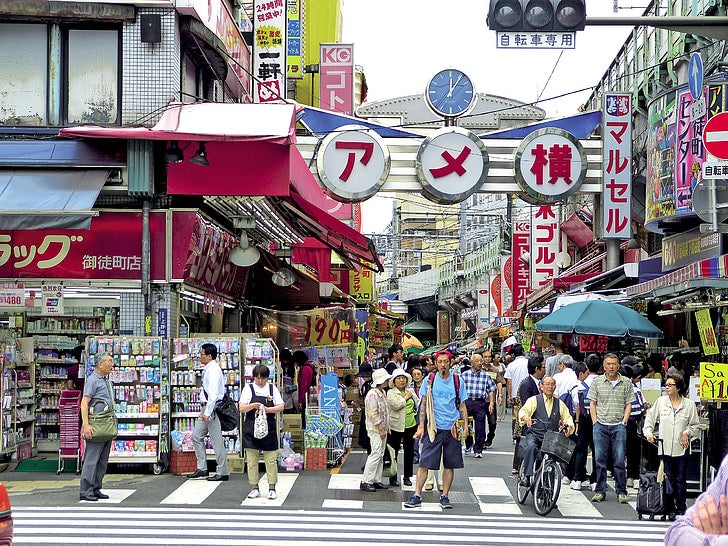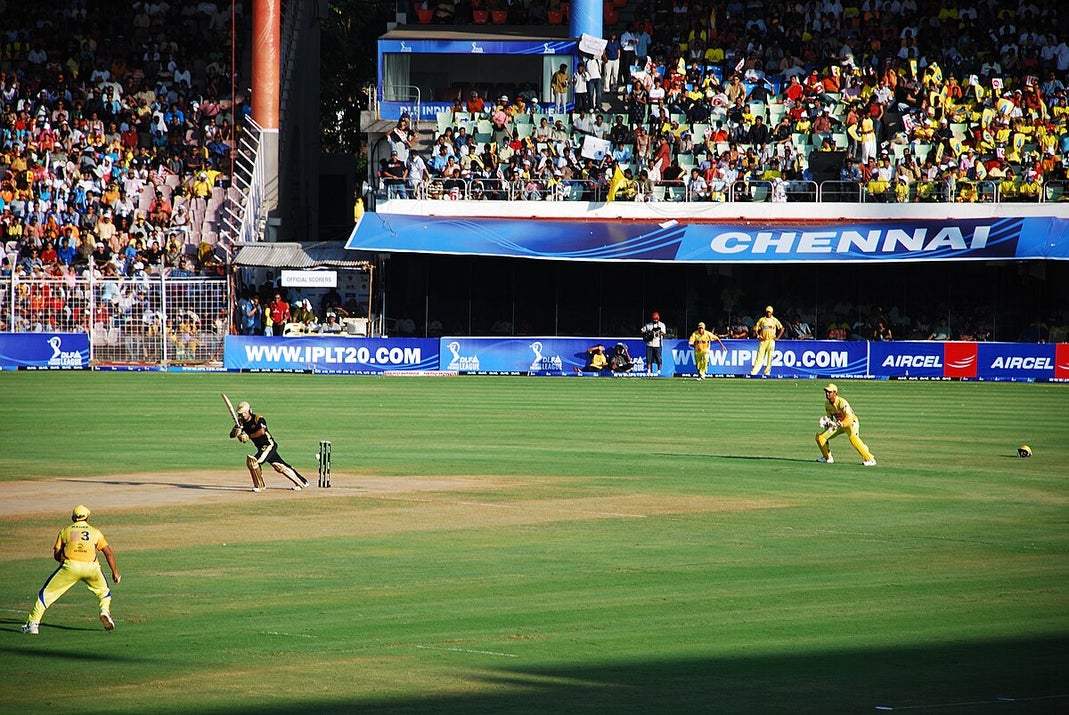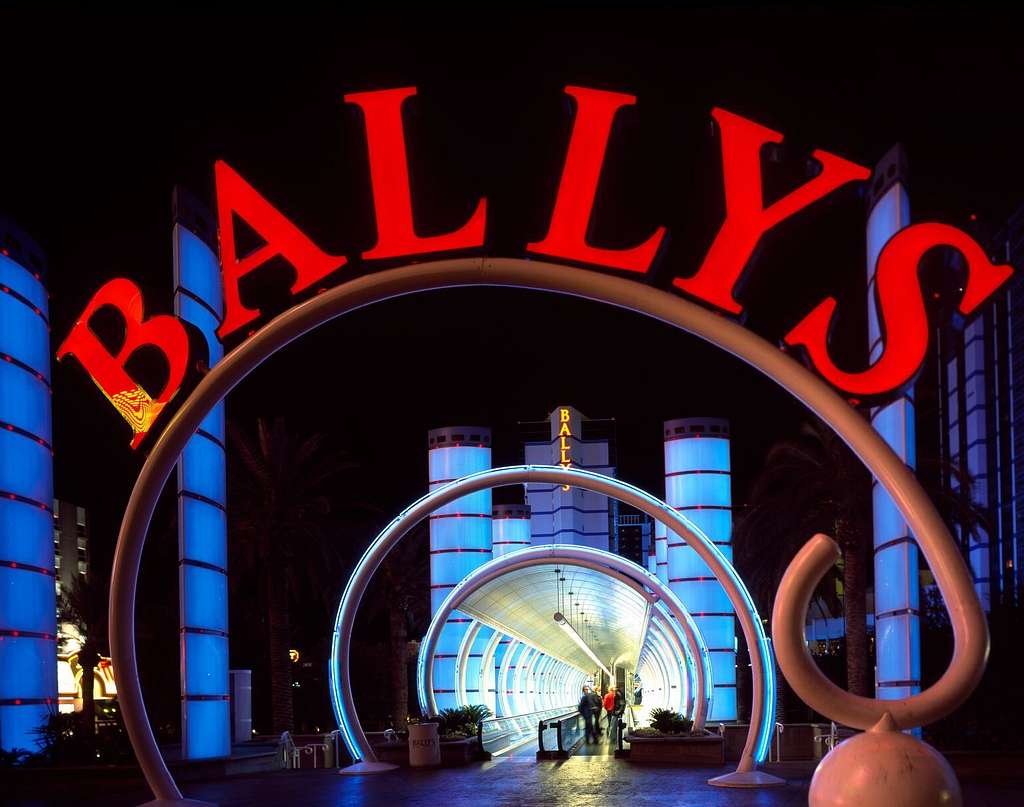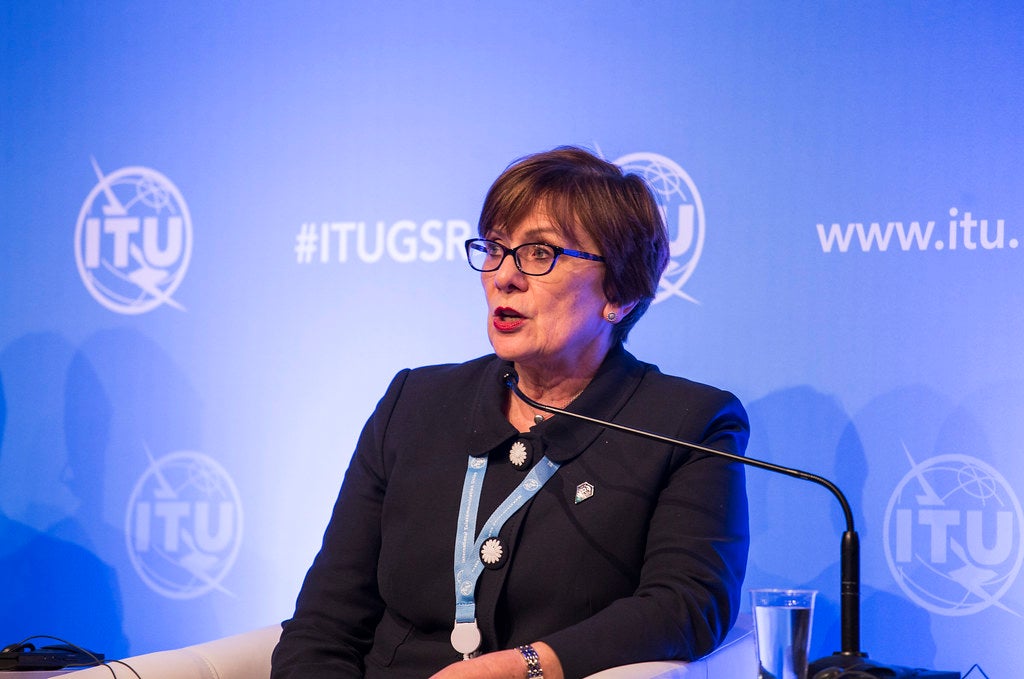Significant Strides Forward
The Philippines initiated the POGO ban in July 2024 in response to mounting concerns linking the industry to serious issues like human trafficking, prostitution, money laundering, and violent crimes.
PAGCOR, the industry regulator, has confirmed a significant drop in licensed POGO operators as the complete ban takes effect by year-end. According to reports, only seven licensed POGOs are operational, down from 60 when President Marcos Jr. ordered the ban and over 300 when the industry was at its peak.
PAGCOR Chair Alejandro Tengco assured the public that the remaining operators are cooperating with the authorities to meet the deadline. The Corporation plans to revoke all licenses by December 15th, cementing the government's position against offshore gaming.
Possible Threat of Rogue Operations
Even with the licensed POGO industry winding down, there are rising concerns about potential underground operations. Gilbert Cruz, the Presidential Anti-Organized Crime Commission (PAOOC) Executive Director, warned, "Those who dare operate in January, they will be arrested."
Authorities plan to counter this issue by implementing measures that will make it challenging for illegal operators to thrive. They also plan to work with local government officials to investigate suspicious POGO-related activities. "The way we see it, they are easy to detect, and they are easy to stop," added Remulla.
Intensified Vigilance
As the POGO elimination deadline approaches, the Philippine government is doubling down on efforts to handle the rise of underground operations. On top of strictly enforcing the ban, Philippine and Chinese authorities are running a joint operation to repatriate individuals working in offshore gaming.
At the moment, PAGCOR, PAOOC, and law enforcement agencies remain keen-eyed to ensure a smooth transition to a total ban of POGOs in the Philippines while maintaining an effective and sustainable gaming and tourism industry.


.svg.png)


